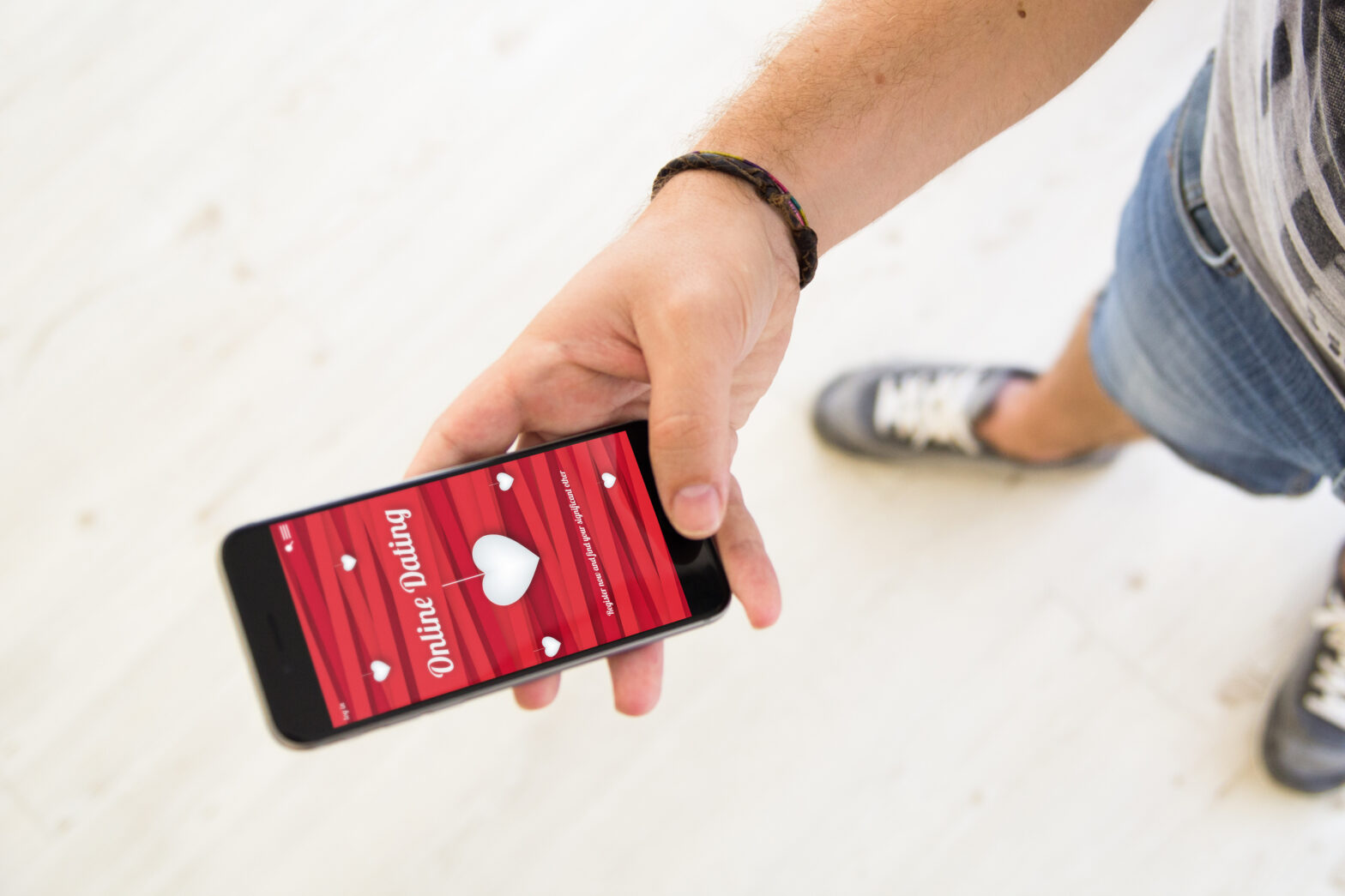There’s no denying that dating apps have quickly become a firm fixture in the lives of UK singletons. We live in a world in which meeting a partner through an app feels more commonplace than meeting them through a chance encounter or a (shock horror) introduction at a bar. But dating apps are quickly becoming more than just conduits to meet fellow romantics – they’re also setting the standard when it comes to ground-breaking tech.
The competitiveness of the dating app scene breeds innovation and creativity. The need to stand out from the crowd in what is an undeniably saturated market means dating entrepreneurs and their developers are starting to identify niches that serve a true market need. They’re also focusing much more on nailing the user experience to win and retain those coveted audience numbers. All of this means that some pretty cool tech is being developed by dating moguls and their teams.
This is true for a number of dating apps that have hit the scene and are looking to take on the behemoths of Tinder and Happn. They are personalising user experiences in extremely creative ways, so that users are able to define what they want and what they get out of the app.
These apps include offerings such as Dine, which uses Yelp integration to help you get to the actual date part of the process quicker by finding a location for your meet-up.
Type is another good example of this; it deploys algorithms to show users the matches which best tally with their preferred characteristics, helping reduce time spent idly swiping.
Bumble is another offering that is getting clever with its user personalisation; fun features include linking Spotify accounts to users’ profiles so that potential matches can see what music they’re into.
Such specific personalisation techniques give users confidence that they are in control of their experience: an important quality for a generation governed by the on-demand economy.
We’re also starting to see dating apps lead the way when it comes to cyber security. Recently launched Hily uses artificial intelligence (AI) and various identification methods to improve safety and make potential matches more accurate. This stops the dreaded cat-fishing that many daters have experienced and helps people feel more confident that their personal data is protected.
Another offering, Badoo, is using facial recognition technology to help users find matches that resemble their celebrity crushes. Whilst it might sound like a PR gimmick, it’s backed up by impressive technology which is increasingly become the standard in the dating app universe.
The kind of inventiveness a dating app requires, not only to stand out in the competitive marketplace but also to convince users that they need the product (and to hopefully pay for the service at some point) requires a huge amount of creativity, resilience, and skill. The premise of digital dating may not suit everyone, but it is an undeniably successful (and growing) market. Dating apps are rapidly becoming more than a transactional way in which to bag a potential partner. Instead, they’re quickly positioning themselves as trailblazers in the technology world; other sectors could do well to keep their eye on the next dating app development.
Amit Jay Shah, CEO of HIROLA Group






